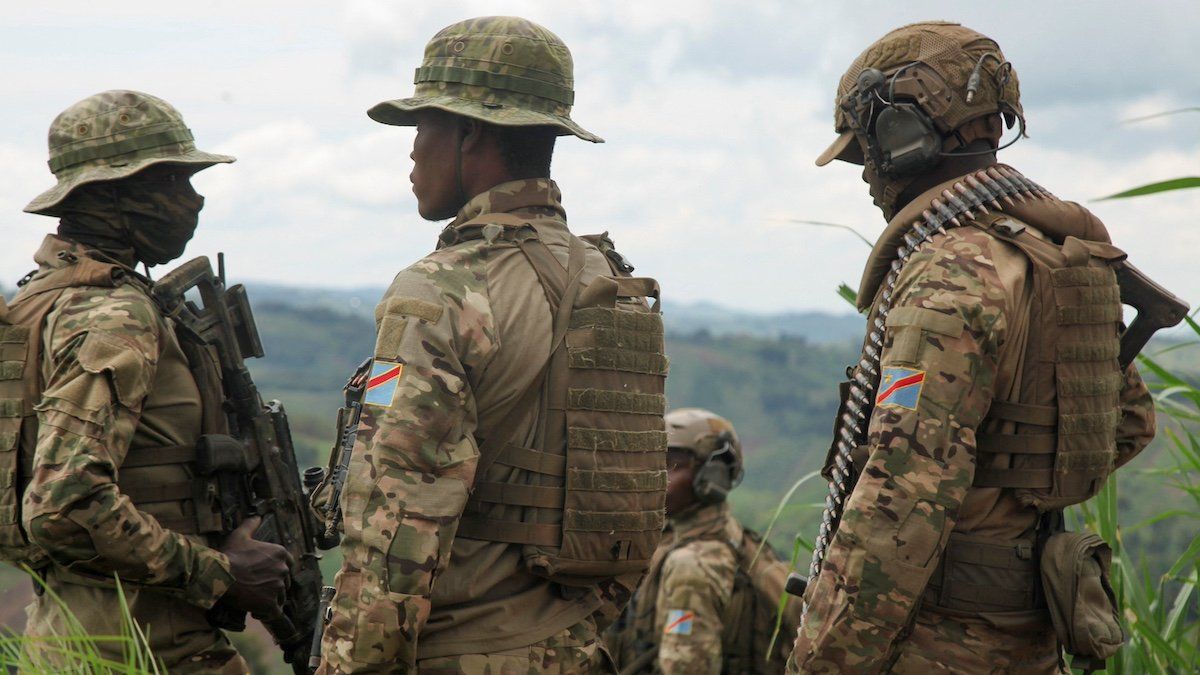The rebel March 23 Movement, aka M23, reportedly supported by Rwanda,captured the strategic town of Masisi in the Democratic Republic of Congo's North Kivu province from the army and pro-government militias on Saturday. Masisi, population 40,000, sits just 50 miles north of Goma, the provincial capital, home to two million Congolese — and is a key sanctuary for refugees.
The takeover comes just two days after M23 captured Katale, another town in North Kivu. Since 2021, the group has occupied vast areas of eastern Congo, displacing hundreds of thousands of refugees, and local leaderswarn of an escalating humanitarian crisis.
The Congo accuses Rwanda of using the rebels to loot its minerals including gold, cobalt, and tantalum, a charge Kigali denies. In December, Congo announced it was suing Apple for using such “blood minerals.” In response, Apple has stopped accepting tin, tantalum, tungste, and gold from both countries.
Meanwhile, talks between DRC President Felix Tshisekedi and Rwandan counterpart Paul Kagamewere canceled on Dec. 15 over disagreements about the terms of a proposed peace deal, and there is no sign they are resuming. We’re watching how far M23 goes, as even the scant attention paid to central Africa in Western capitals may diminish under a tumultuous Trump administration.
